None of the abstract concepts comes closer to fulfilled utopia than that of eternal peace
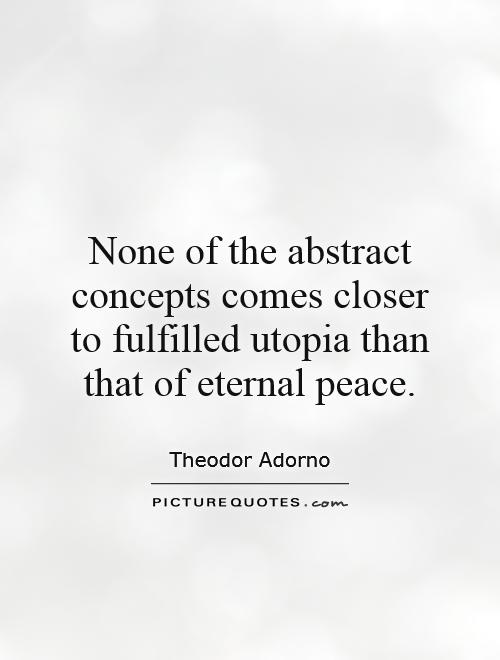
None of the abstract concepts comes closer to fulfilled utopia than that of eternal peace
The idea of eternal peace as the ultimate utopia is a concept that has been explored by many philosophers and thinkers throughout history, including Theodor Adorno. Adorno, a German philosopher and sociologist, was a critical theorist who believed in the power of reason and rationality to bring about positive change in society. He was also deeply concerned with the destructive forces of modernity, particularly the rise of fascism and totalitarianism in the 20th century.For Adorno, the concept of eternal peace represented the ultimate goal of human civilization. He believed that true peace could only be achieved through the elimination of all forms of oppression, exploitation, and violence. Adorno saw peace not just as the absence of war, but as a state of harmony and justice in which all individuals could live freely and fully realize their potential.
In Adorno's view, the pursuit of eternal peace required a radical transformation of society. This transformation would involve challenging and dismantling the structures of power and domination that perpetuate inequality and injustice. Adorno believed that true peace could only be achieved through a commitment to social justice, equality, and solidarity.
Adorno also recognized the challenges and complexities of achieving eternal peace in a world marked by conflict and division. He understood that the forces of oppression and violence were deeply entrenched in society and that achieving peace would require a sustained and collective effort. Adorno believed that the pursuit of eternal peace required a commitment to critical thinking, self-reflection, and ethical action.
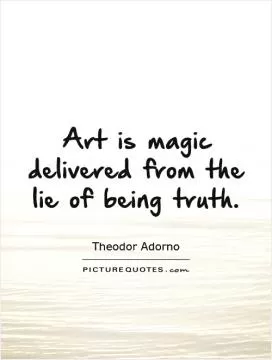
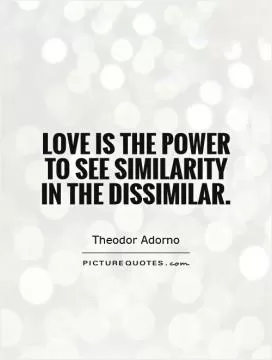

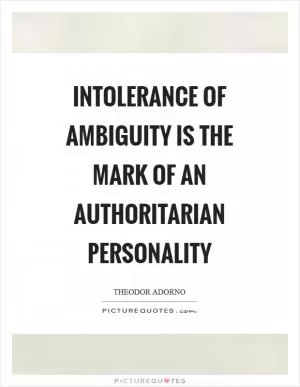

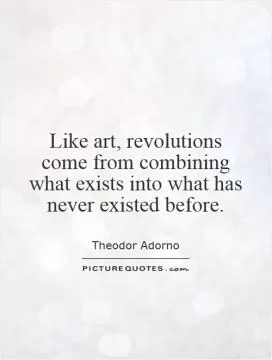


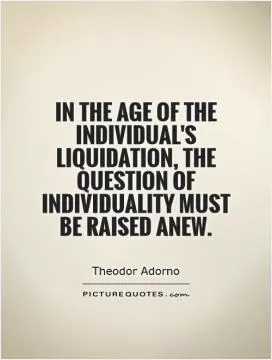



 Friendship Quotes
Friendship Quotes Love Quotes
Love Quotes Life Quotes
Life Quotes Funny Quotes
Funny Quotes Motivational Quotes
Motivational Quotes Inspirational Quotes
Inspirational Quotes